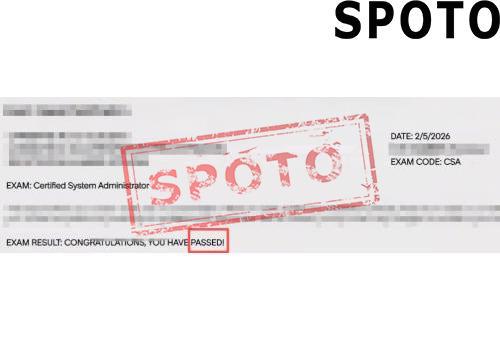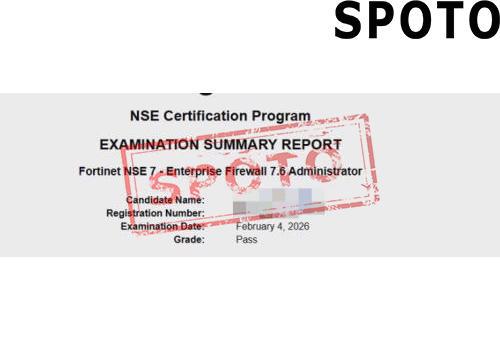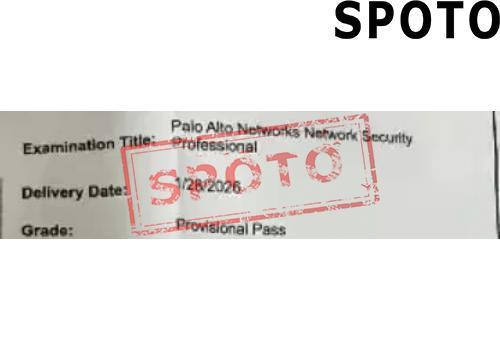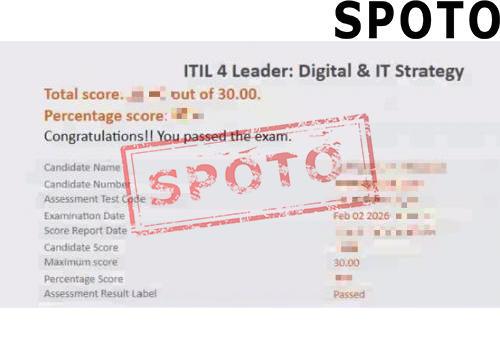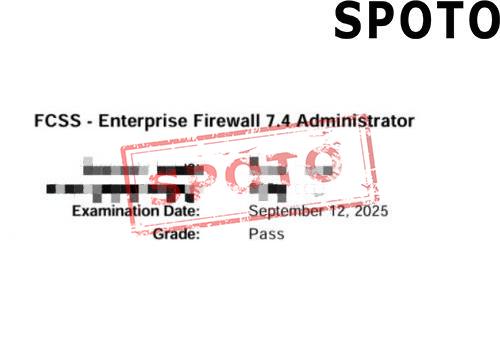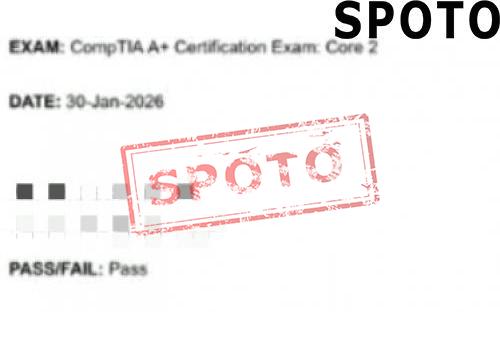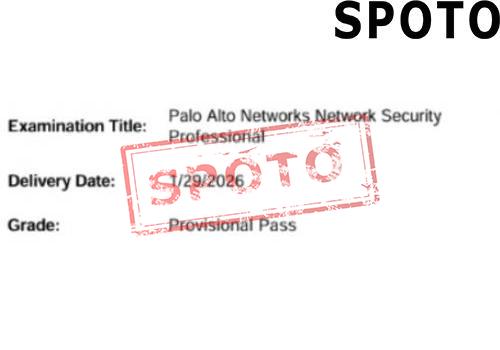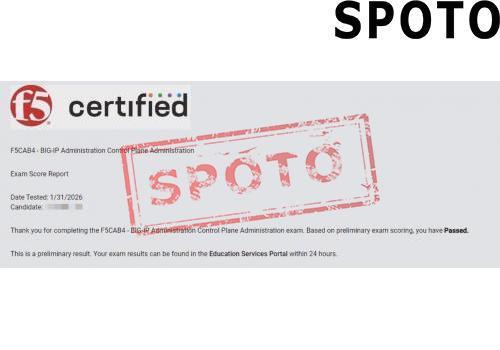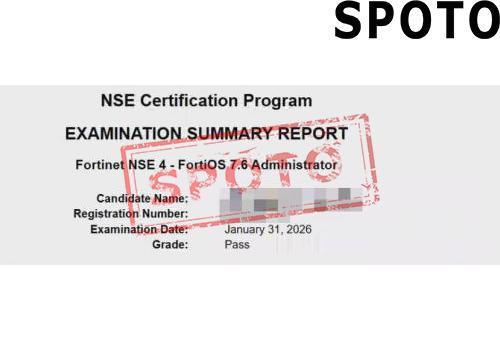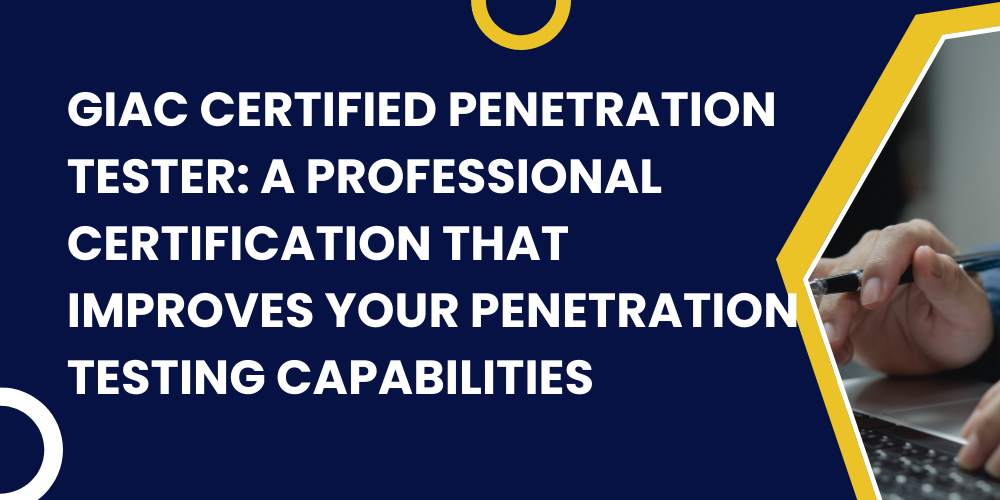
Table of Contents
- 1. Introduction to the GIAC Certified Penetration Tester certification
- 2. The Competitive Edge of a GPEN Certification
- 3. Core Components of the GPEN Certification
- 4. What are the requirements to be a GIAC Certified Penetration Tester?
- 5. Comparable Certifications to GIAC Certified Penetration Tester certification
By reading this article, you will have a deeper understanding of why GPEN can become a professional certification in the field of network security penetration testing.
1. Introduction to the GIAC Certified Penetration Tester certification
If you've been involved in penetration testing, you've undoubtedly heard of GPEN, or the GIAC Certified Penetration Tester. This isn't just a theoretical certification; it's a practical, hands-on qualification offered by GIAC, the global information assurance certification organization.
GPEN prioritizes your ability to conduct real-world penetration tests within legal and ethical frameworks, simulating real-world attacks and identifying system vulnerabilities while maintaining a high level of professional ethics. As such, this certification is highly recognized within the industry, and many teams consider it a key consideration when hiring penetration testers.
Whether you're aiming to enter the frontline offensive and defensive arena or looking to enhance your career prospects, GPEN serves as a testament to your core competence, demonstrating that you not only understand the theory but also understand how to conduct compliant and effective testing. It is a highly respected and authoritative certification within the penetration testing field of cybersecurity.
In today's cyber environment, businesses and organizations need to fully understand the security vulnerabilities of their network systems and applications so they can proactively implement effective protective measures. The core purpose of the GIAC Certified Penetration Tester (GPEN) certification is to cultivate and certify professionals who can conduct in-depth and precise security testing of target systems, similar to "white hat hackers," identify hidden vulnerabilities, and provide businesses with detailed and professional vulnerability analysis reports and remediation recommendations. This helps businesses enhance their cybersecurity defenses and reduce the risk of actual cyberattack
2. The Competitive Edge of a GPEN Certification
As a globally renowned cybersecurity certification body, GIAC's GPEN certification is highly authoritative and recognized in the field of penetration testing. The GPEN certification focuses on the key niche of network security penetration testing and is a crucial step in transitioning from entry-level cybersecurity positions to senior penetration testing specialists, security architects, and other high-level positions. Obtaining GPEN certification often means wider career options and a significant salary increase. But this certificate offers far more than just that.
Preparing for the GPEN exam is itself a systematic process of improving your penetration testing skills. It forces you to focus and thoroughly examine every step of a penetration test, from information gathering and vulnerability discovery to exploiting vulnerabilities, maintaining access, and even erasing traces. You'll move beyond simply learning sporadic techniques to truly mastering the entire process, gaining both hands-on experience and an understanding of the underlying principles. This comprehensive, in-depth training is the true value of GPEN.
The cybersecurity field is rapidly evolving, and penetration testing methods and tools are also constantly changing. The GPEN certification's continuing education requirements compel holders to continuously monitor industry trends, acquire new knowledge and skills, and stay abreast of industry developments. This ensures their professional capabilities remain relevant to the ever-changing landscape of cybersecurity penetration testing, including keeping up with cutting-edge content such as new vulnerability discovery techniques and the latest attack exploits.
3. Core Components of the GPEN Certification
The GPEN certification system builds a core knowledge system for penetration testers, comprehensively covering practical skills from initial reconnaissance to final reporting. It's ideal for both newcomers and professionals interested in pursuing careers in penetration testing and security assessment.
Through your training, you'll master target identification, public intelligence gathering, and network scanning techniques. You'll define the scope of your penetration test and identify potential entry points. You'll also learn to combine automated tools like Nessus and OpenVAS with manual testing to comprehensively identify and verify system vulnerabilities, including deep-seated issues related to business logic.
Through exam preparation, you'll become familiar with common attack techniques and social engineering, master vulnerability exploitation with tools like Metasploit, and be able to perform privilege escalation and lateral movement, simulating real-world attack paths. You'll learn how to establish persistent access to target systems, extract critical data, and clean up traces, enabling deep penetration and covert exfiltration. Of course, the final stage is report writing.
Being able to write standardized penetration test reports, clearly present vulnerability details and reproduction procedures, provide remediation recommendations, and develop the ability to communicate effectively with clients will be a significant benefit from your exam preparation.
4. What are the requirements to be a GIAC Certified Penetration Tester?
(1) Qualification prerequisites:
GIAC officially recommends that you possess a basic understanding of network security, including familiarity with common network protocols, an understanding of the fundamental principles and security mechanisms of operating systems, and a grasp of basic network security concepts. This foundational knowledge will help you better understand and master the specialized penetration testing knowledge and skills required for the GPEN exam.
While there is no strict work experience requirement, prior practical experience in simple network security testing, security assessments, and other related areas will be beneficial for exam preparation. This practical experience will help you more intuitively understand the real-world applications of penetration testing and the various situations it encounters.
(2) Training and examinations:
The GPEN exam typically lasts four hours and features a variety of questions, including multiple-choice questions and practical exercises. These exercises comprehensively assess your penetration testing knowledge and practical application skills. These exercises simulate real-world penetration testing scenarios, requiring you to apply your knowledge of information gathering, vulnerability detection, and exploitation techniques to solve problems, more closely resembling real-world situations.
According to the official GIAC standards, you must achieve a certain score percentage to pass the exam. The GPEN exam fee may vary slightly by region, generally around US$1,899. While relatively expensive, it carries a high level of authority and expertise.
(3) Qualification maintenance:
GPEN certifications are generally valid for four years. In order to maintain the validity of the certificate, you need to accumulate a certain number of credits by participating in GIAC officially recognized continuing education activities during the validity period.
5. Comparable Certifications to GIAC Certified Penetration Tester certification
- EC-Council Certified Ethical Hacker (CEH)
- Offensive Security Certified Professional (OSCP)
- CompTIA Penetration Tester (PT0-001)
- Certified Information Security Manager (CISM)
- SANS GIAC Certified Web Application Penetration Tester (GWAPT)
